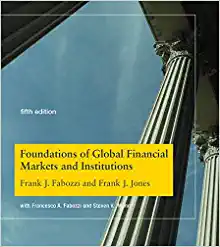Question
Please cite your explanations. 1. To what extent does the concept of Big Science apply to historical periods other than the decades following World War
Please cite your explanations.
1. To what extent does the concept of "Big Science" apply to historical periods other than the decades following World War II?
2. Does the history of science provide a firm basis for the distinction between "science" and "technology"?
3. Compare attitudes to the origins and purpose of science and scholarship in ancient versus medieval Iraq.
4."The passages and variations of nature cannot appear so fully in the liberty of nature, as in the trials and vexations of art" (Francis Bacon, 1605). Discuss.
5. What was new about natural philosophy and medicine in early modern Europe?
6. How globalized were the sciences in the eighteenth century?
7. What effect did the French Revolution have on the sciences and medicine?
8. To what extent is the Modern Synthesis in evolutionary theory based on Mendel's work?
9. "Medical science was exactly like other sciences, except that it took as its object the human in health and disease." Assess this claim for nineteenthcentury Europe.
10. Why was the ether so important in nineteenth and early twentieth century physics?
11. Why did James Watson and Francis Crick hope to solve the problems of biology using the "sharp, nonemotional thinking" of physics and chemistry? (Watson)
12. What do the histories of electroconvulsive therapy and psychoanalytic psychotherapy tell us about the broader history of psychiatry?
Step by Step Solution
There are 3 Steps involved in it
Step: 1

Get Instant Access to Expert-Tailored Solutions
See step-by-step solutions with expert insights and AI powered tools for academic success
Step: 2

Step: 3

Ace Your Homework with AI
Get the answers you need in no time with our AI-driven, step-by-step assistance
Get Started


